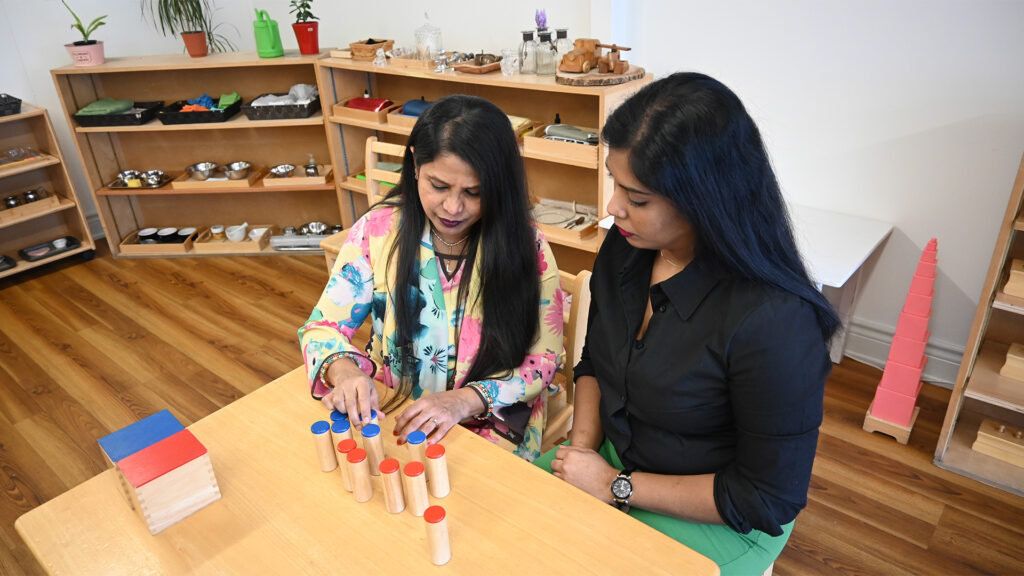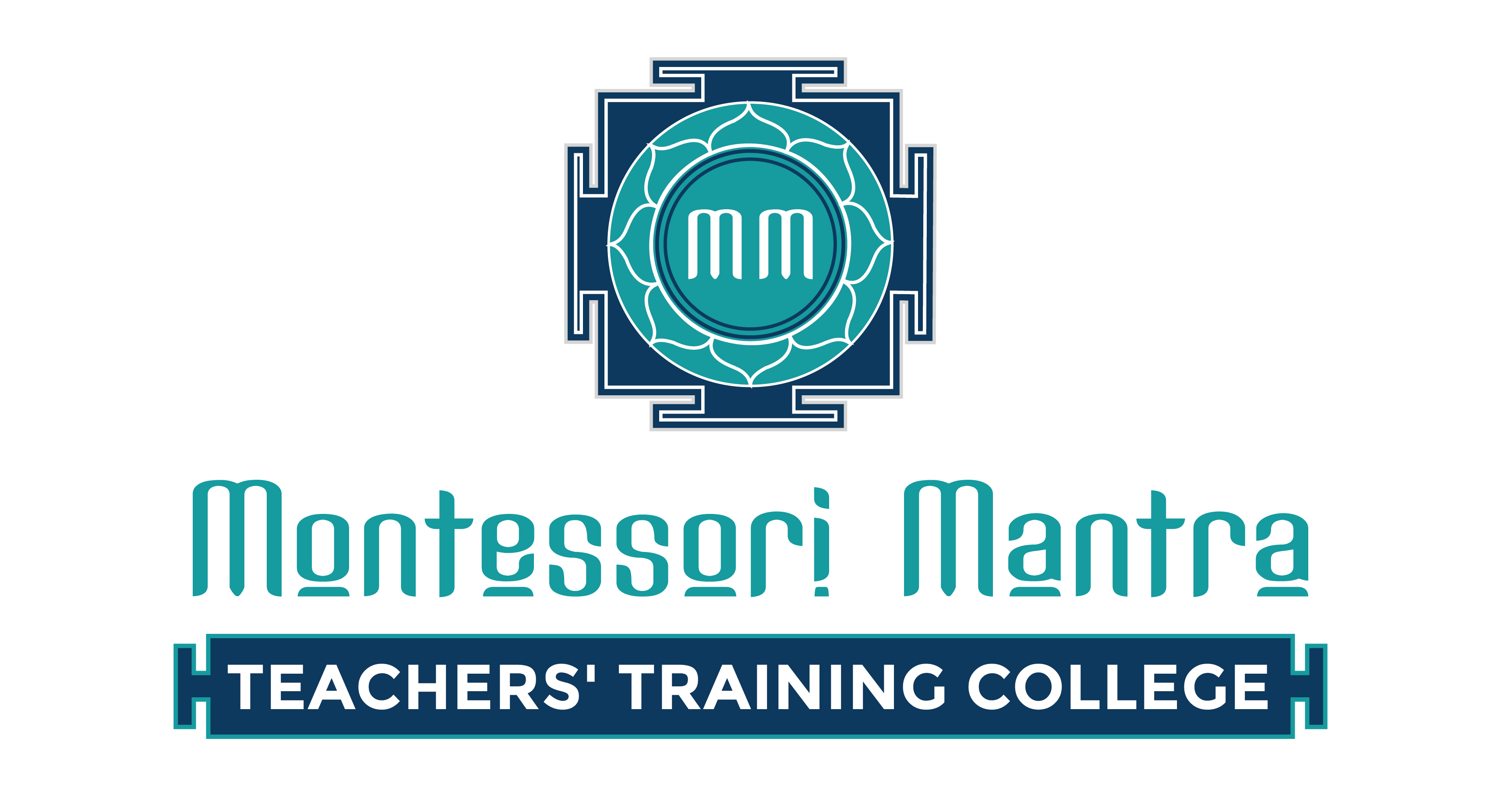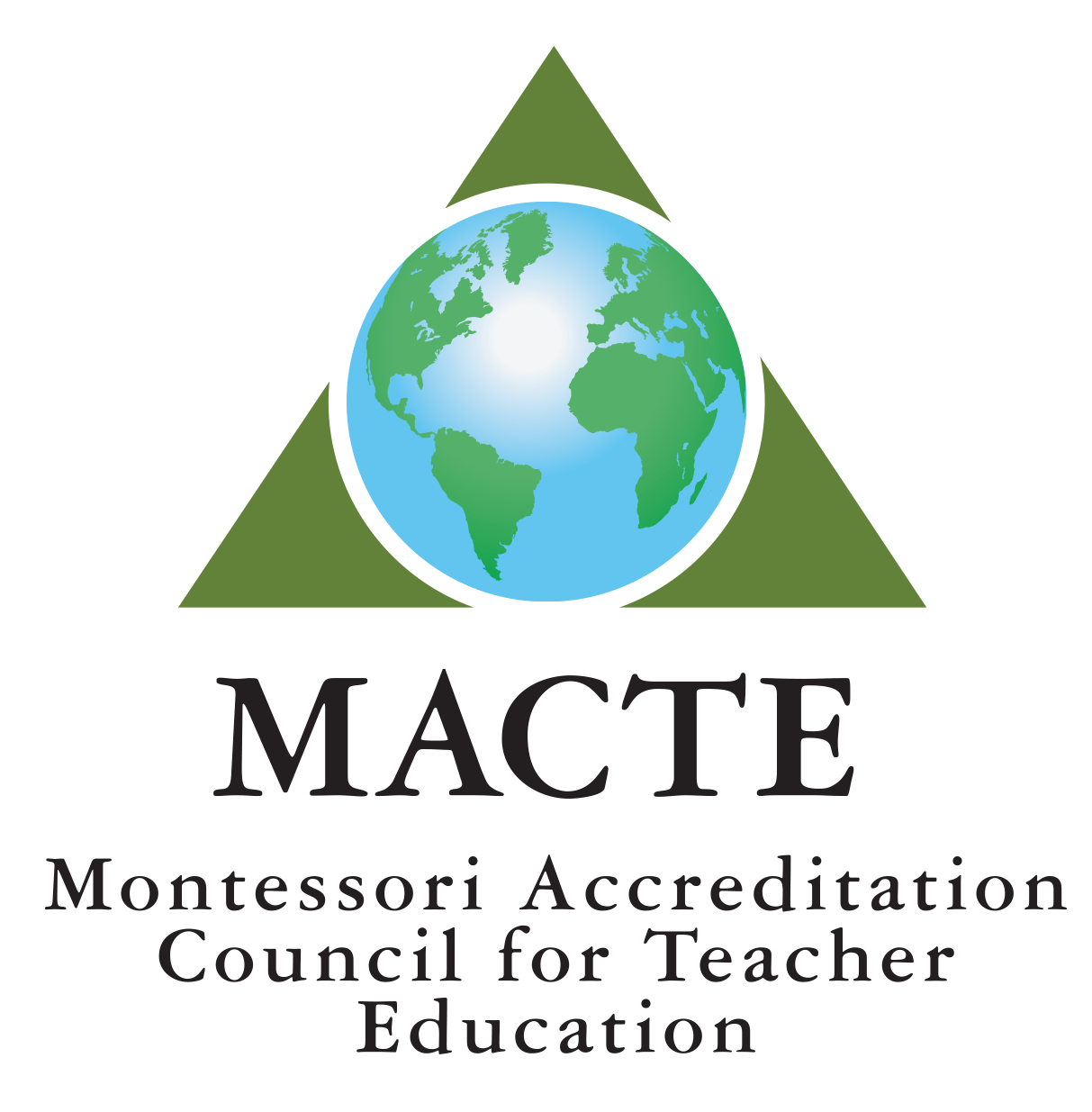
In Montessori education, observation is more than just a technique—it’s a fundamental practice. Montessori educators rely on careful and deliberate observation to understand each child’s unique developmental needs, interests, and learning style. By observing children without interference, teachers can create tailored learning experiences that nurture growth and independence. Let’s dive into how observation enhances the Montessori method and why it’s such a powerful tool for educators.
Understanding Each Child’s Unique Needs
Every child develops at their own pace, and Montessori educators are trained to recognize these differences through observation. Rather than applying a one-size-fits-all approach, teachers observe how children interact with materials, peers, and their environment. This allows them to pinpoint developmental milestones, identify learning gaps, and tailor their guidance accordingly. Whether a child needs more time with a particular activity or is ready to move on to something more challenging, observation helps the educator meet the child exactly where they are.
Adapting the Learning Environment
Observation plays a crucial role in maintaining the prepared environment, which is central to Montessori education. By watching how children engage with the space—whether they are drawn to certain materials or avoid specific activities—teachers can make adjustments to the classroom setup. If a child repeatedly gravitates towards practical life activities, for example, the teacher might introduce more complex tasks in that area. By responding to what they observe, teachers ensure that the learning environment continues to evolve with the child’s needs.
Encouraging Independence Through Non-Interference
One of the core principles of Montessori is allowing children to learn through exploration and self-discovery. Observation without interference enables educators to step back and give children the space they need to problem-solve independently. Rather than jumping in to correct mistakes or direct learning, teachers observe how children handle challenges and only intervene if absolutely necessary. This hands-off approach empowers children to build confidence, independence, and resilience.
Identifying Sensitive Periods
Dr. Maria Montessori identified “sensitive periods”—windows of heightened interest and ability in certain areas of development, such as language acquisition or fine motor skills. By observing closely, Montessori educators can identify when children are in these sensitive periods and provide the appropriate materials or activities. This allows children to maximize their learning potential during these critical phases of development. Observation helps teachers time their interventions perfectly, ensuring that children receive the right stimulation when they’re most ready for it.
Tracking Progress Over Time
Observation is also essential for monitoring progress. Montessori teachers keep detailed notes on each child’s activities, challenges, and breakthroughs. These observations provide valuable insights into the child’s long-term development, helping educators create a more personalized learning journey. By continuously reflecting on their observations, teachers can adapt their strategies to support the evolving needs of the child, ensuring steady growth over time.
Observation as the Foundation of Montessori Education
In Montessori education, observation is much more than passive watching—it’s an active process that allows educators to truly understand and support each child’s unique journey. From tailoring the environment to identifying sensitive periods, observation enhances every aspect of the Montessori method. By embracing observation as a tool for individualized learning, Montessori educators foster an environment where children thrive, explore, and grow at their own pace.


